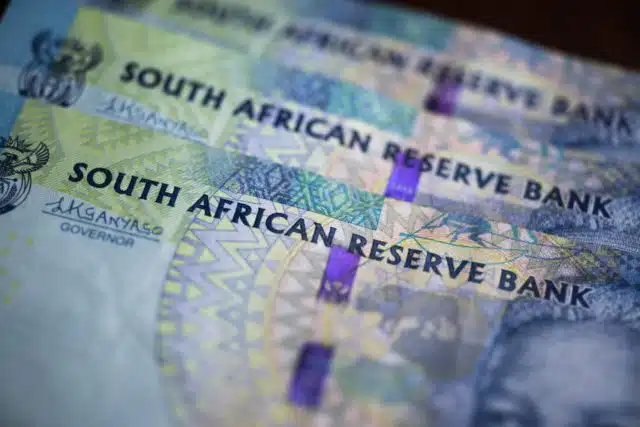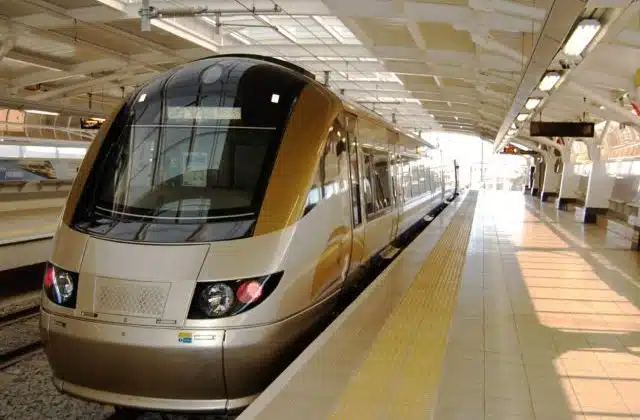
ANC proposes R350 basic income grant for South Africa
The ANC’s subcommittee on social transformation has published its discussion document outlining the key talking points and policies it believes should be carried forward in South Africa, ahead of the party’s national policy conference this weekend.
Subcommittee chair, Lindiwe Sisulu said that the discussion paper follows a string of ‘distressing events’ which highlight deep social issues in the country, particularly the financial pressures felt by the poorest households, as well as the onslaught experienced by women.
She said the policy proposals would push the ANC to work at building a new society, drumming the party’s slogans of “a better life for all” and talking to “social cohesion” and “nation building”.
At the centre of building a new society is the need to address socio-economic inequalities, she said and requires the government to protect the most vulnerable in society.
The subcommittee is making two key proposals and introducing several discussion points. The biggest proposal is for the introduction of a basic income grant of R350 each month.
The second proposal is to enhance capacity within the human settlement department to deliver services to South Africa’s rapidly-growing urban areas.
Basic income grant
The subcommittee fully supports a basic income grant, saying that the R350 social distress relief grant can be extended and expanded to accomplish this.
Sisulu said that the proposal is to “expand the current relief measures introduced during Covid-19 to cushion people who have no means of survival to create a permanent support mechanism for these individuals”.
“The Covid-19 pandemic has amplified the importance of comprehensive social security as a measure to address poverty, particularly in the context of long-term structural unemployment and inequality, which have plagued the country even before the advent of the pandemic,” she said.
Since there are social grants in place for children, the elderly, and persons with disabilities, the focus of a basic income grant must be on the 18-59 age group who are unable to support themselves, Sisulu said.
“The Social Relief Grant of R350, which was given to people living below the poverty line to assist them through the Covid-19 pandemic, provided meaningful relief and it worked. This has led us to believe that the much-discussed Basic Income Grant would be a welcome relief for the unemployed and the vulnerable,” she said.
“Access to Basic Income Grant will help level the vulnerability of these individuals and cushion them against poverty and hunger.”
The cost
A new research report published by Intellidex in partnership with South African business groups this week outlined the cost and funding complications of a basic income grant in South Africa.
While the baseline view is that a BIG will be implemented in the country whether opponents like it or not, Intellidex warned that the government must tread carefully to ensure that the project doesn’t have the opposite effect of its intended goal.
The group warned that if a basic income grant was introduced at an unaffordable level it could lead to further strain on the economy and cause knock-on effects that cause harm to all – including the people such a grant purports to aid.
Intellidex said that proposals have ranged from a modest R240 grant given to households that initially qualified for the Covid-19 social relief distress (SRD) grant – approximately 6.5 million people – to a universal living wage grant of R3,500 given to everyone.
The cost of the BIG to the economy then covers a similar range – from R20 billion a year, to R2.5 trillion a year. Most proposals, however, fall into the range of R60 billion (roughly the cost of expanding the SRD to more people) and R250 billion (about R800 per month for all unemployed adults).
At R350, the cost of the grant would range from R27 billion if offered to original SRD recipients, to R252 billion if offered to everyone in the country (universal grant). With the ANC’s proposal, the cost would fall around R73 billion, according to 2021 estimations.
Read: Tax hikes to fund BIG in South Africa inevitable, report shows




